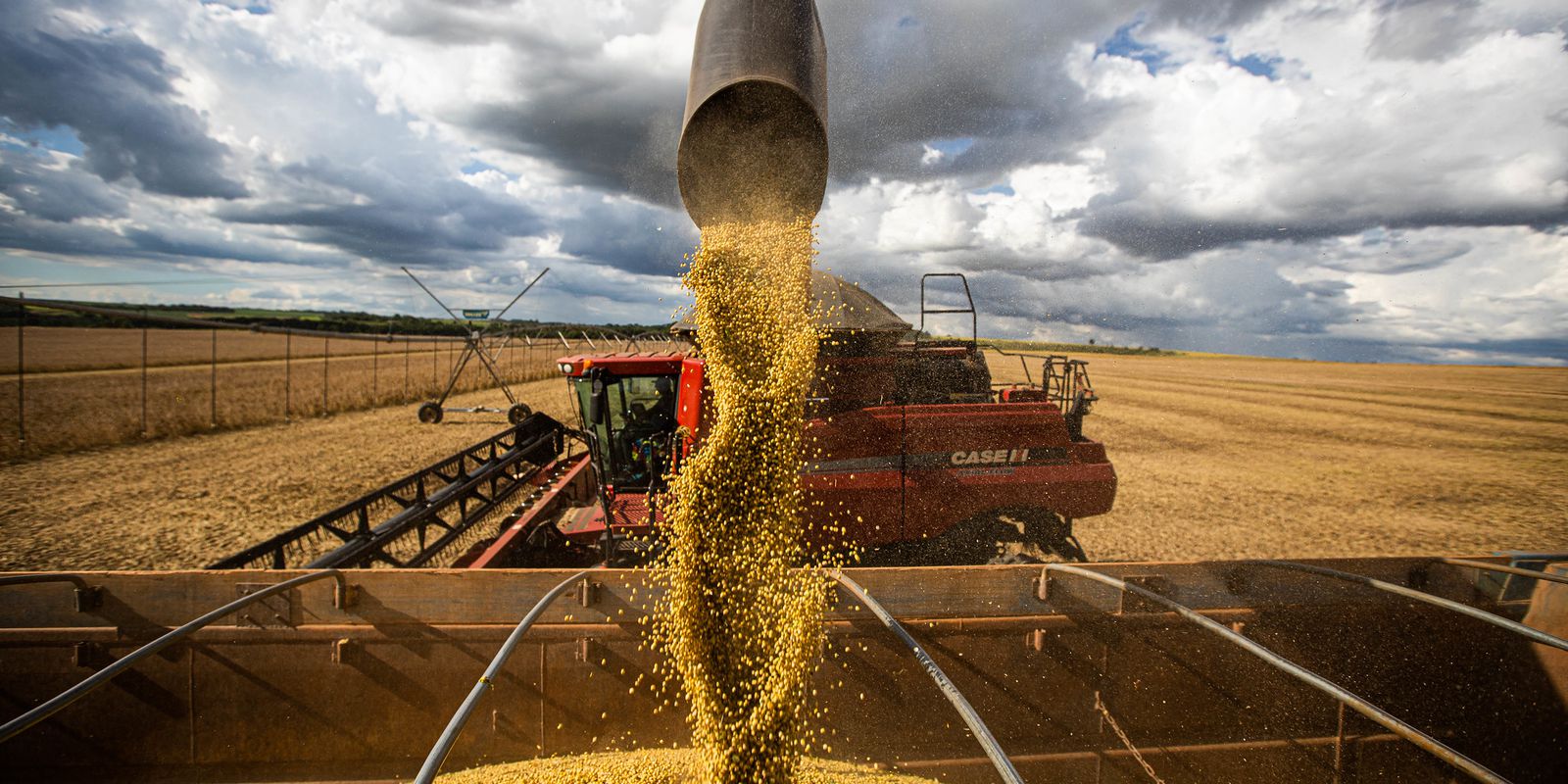“Before there were prosecuted without conviction and now there are prosecuted without trial,” summarized the deputy of the Colorado Party Gustavo Zubía, endorsing the words that the expert Eugenio Zaffaroni pronounced in a course in the Supreme Court of Justice some time ago.
For this reason, together with the nationalist Mario Colman and the lobbyist Eduardo Lust, they decided to install a commission to address the judicial aspects that the law of urgent consideration did not address, legislation that according to Zubía focused more on the police.
The commission, which they each decided to form in a personal capacity, will function for two years. This first year they will address the technical aspects of the matter and summon judicial actors to give their opinion and make suggestions, and the second year they will dedicate themselves to seeking political support to propose the necessary modifications.
Zubia highlighted The Observer which will focus mainly on the Code of Criminal Procedure and specifically on the extension of abbreviated agreements, which today represent 85% of the sentences in the country. “It is not easy to touch because it articulates the functioning of the prosecution and the prosecution lacks resources, but in the end it is a haggling“, he pointed.
How does the abbreviated process work?
This procedure implies that the accused accepts the facts that are charged to him and the background of the investigation and can be applied from the formalization until the moment in which the prosecutor makes the accusation or asks the judge to dismiss the case. As a result of this acceptance, the prosecutor calculates a sentence that can be reduced by up to a third -although not less than the minimum provided by law for that crime-. It can be used as long as a crime is typified with four years in prison or a non-custodial sentence, with the exception of homicide with special aggravating circumstances or very special aggravating circumstances.
Then that agreement between the two parties – the Prosecutor’s Office and the accused – is approved before the judge, who makes sure that all the guarantees have been fulfilled and that the accused understands that with this agreement he is admitting his guilt. This process is irreversible, that is, there is no possible appeal.
The judge passes sentence in that same hearing and cannot impose a penalty greater than that requested by the Prosecutor’s Office. If the victim were present, she would be heard in that instance. If not, she would be later notified of the resolution
The proposal that the deputies have is that there be greater control of the judicial headquarters over the agreement and not be a mere homologation of sentences. “It is not easy to touch a method that, because it is agile and not because it is good, allows prosecutors to solve the enormous work they have,” said the legislator and former prosecutor of the Nation. This, he warned, would be accompanied by a study of the resources of the Prosecutor’s Office and the possibility of an increase, since the saturation of many offices in the country are in a very demanding situation.
On the other hand, they intend to reform the general instructions of the Prosecutor’s Office (regulations that define its tasks). Mainly a point that refers to a possible “negotiation” between the parties.
Although initially Colman, Zubía and Lust will study it, they intend to transfer the proposals to the Broad Front once they have reached preliminary conclusions.
The Colorado deputy, separately and personally, intends to raise his objections on other aspects such as the evaluation of the evidence in the judicial process, especially in light of the law on gender violence. This regulation, says Zubía, insists on using “the gender perspective” for this and it is inferred that “some testimonies are worth more than others.”







